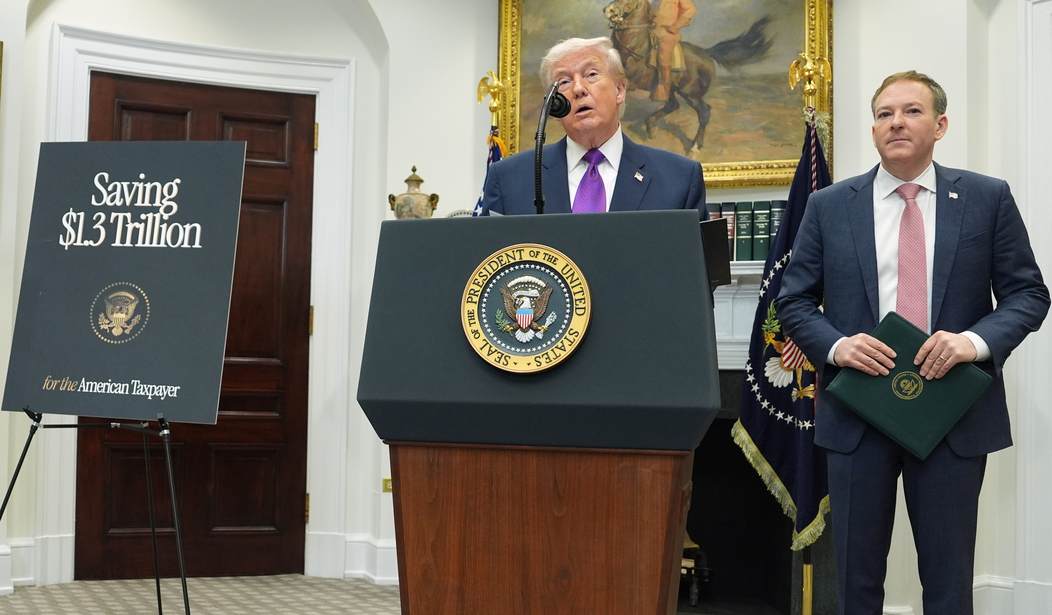Townhall: Breaking Conservative News and Opinion
Advertisement
Advertisement
Members Only
Advertisement
Advertisement
Advertisement
Advertisement
Advertisement
Advertisement
Advertisement























































